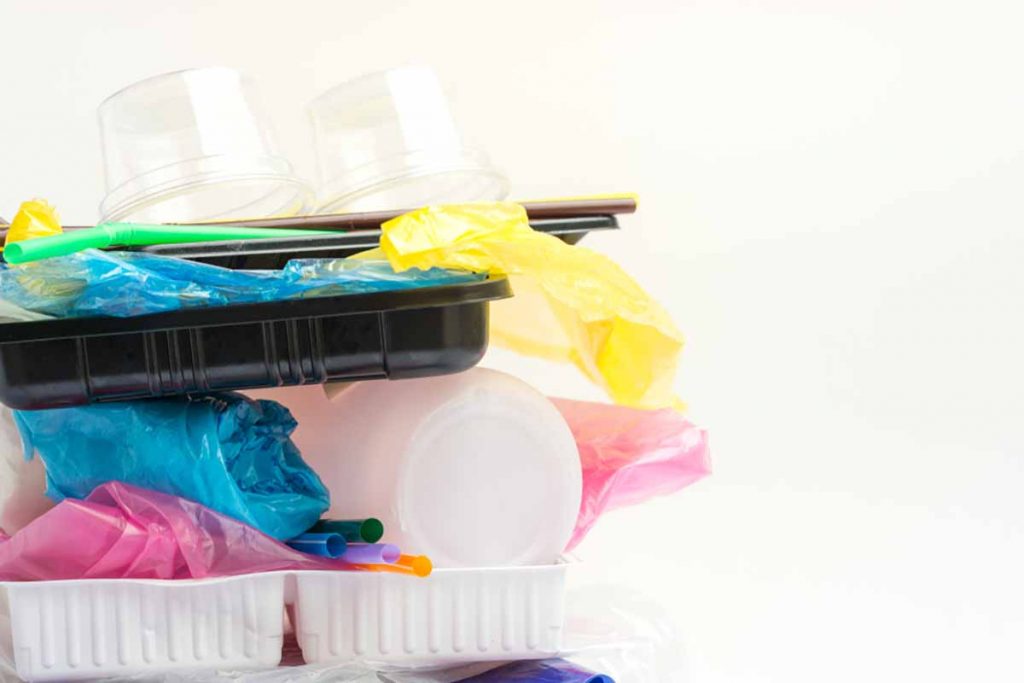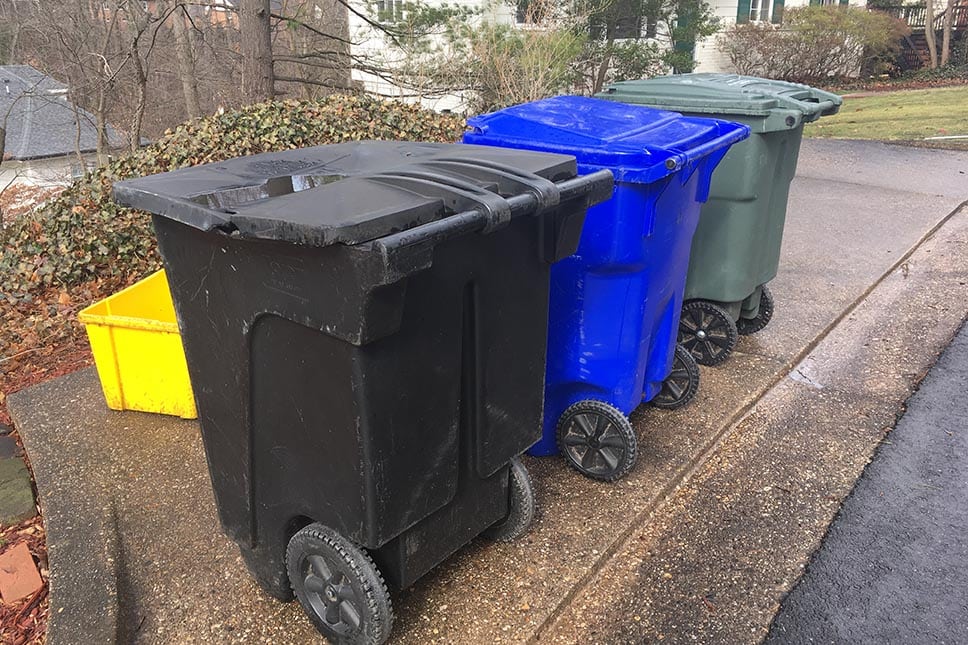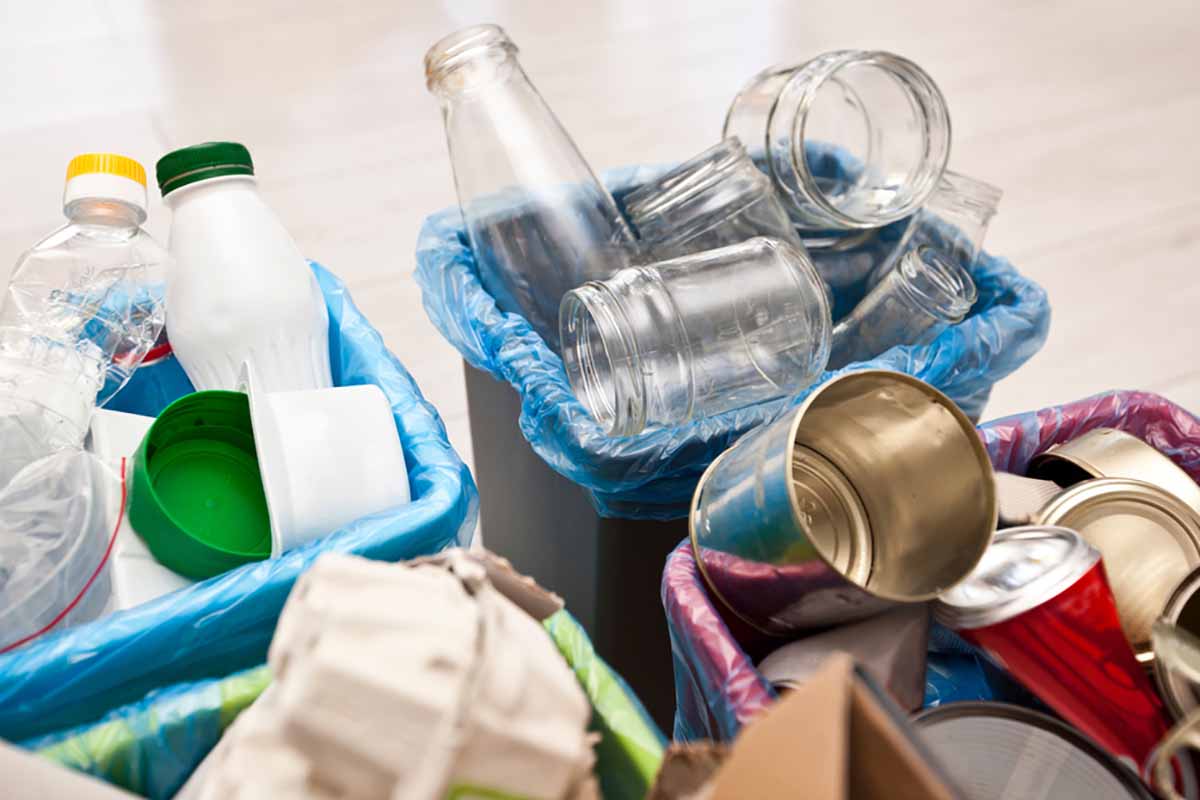
A substantial EPR bill is moving forward in the Oregon legislature. | Grindstone Media Group / Shutterstock
Bills establishing extended producer responsibility for packaging materials were introduced in a handful of states this year. Several have failed to gain traction, but at least two key proposals remain active.










